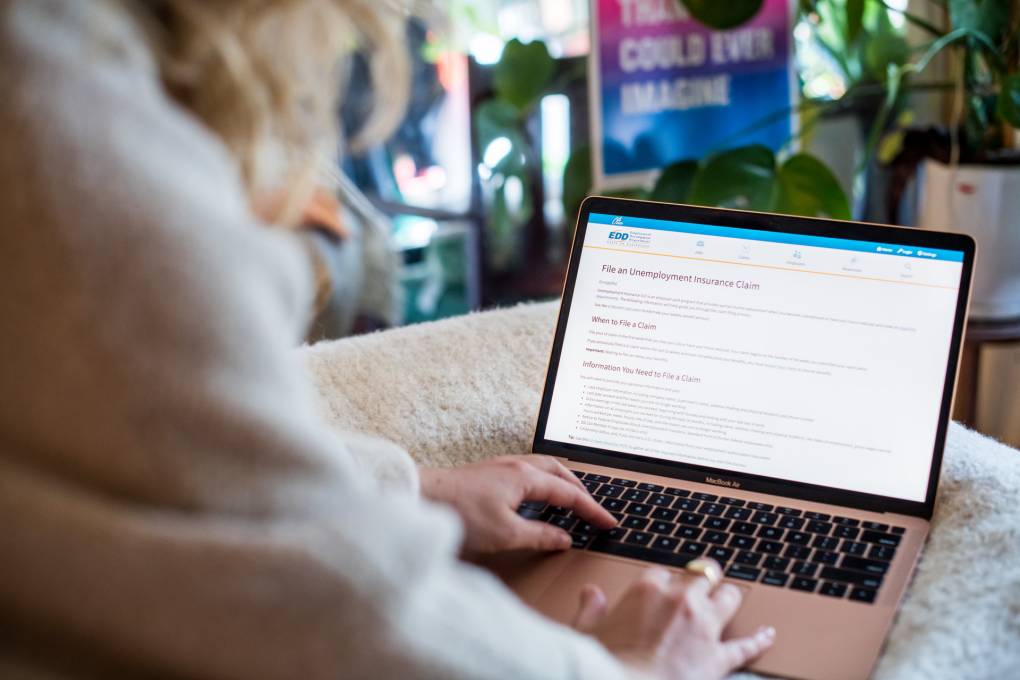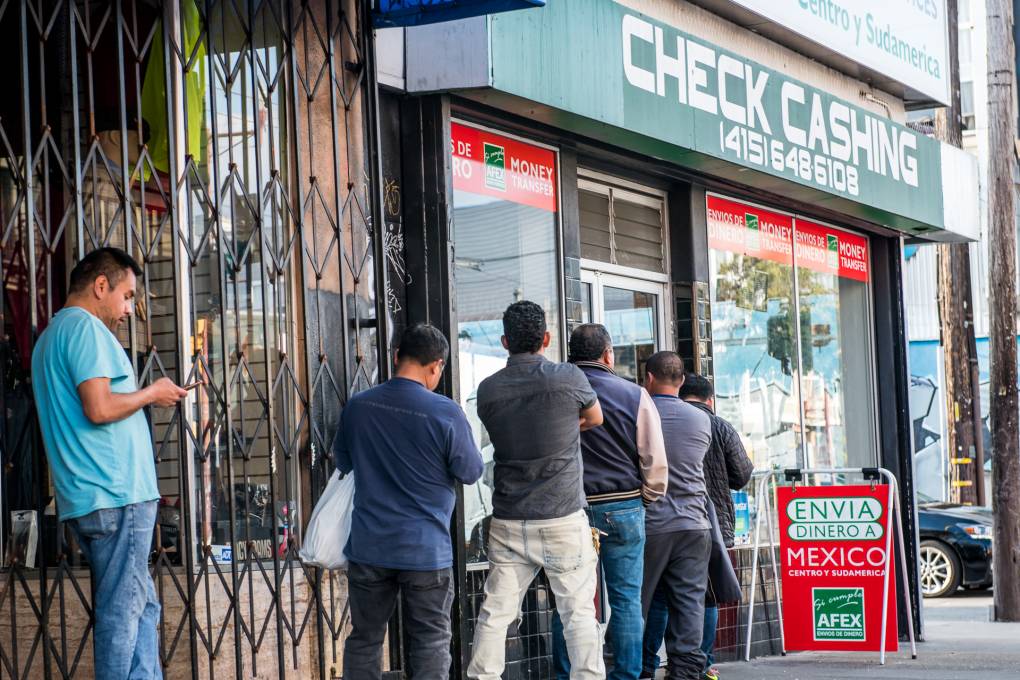Across California, many utility companies — including Pacific Gas & Electric, Southern California Edison, San Diego Gas & Electric, Los Angeles Department of Water and Power and Sacramento Municipal Utility District — have all promised they won't shut off power to customers who can't pay their bills during the coronavirus crisis.
Additionally, people who have lost their jobs due to COVID-19 may qualify for PG&E’s California Alternate Rates for Energy Program, which provides a 20% to 35% discount on utility bills. Households with three or more people may also qualify for an 18% discount on electricity through the utility's Family Electric Rate Assistance Program. Text “CARE” to 20283 to find out if you’re eligible.
Phone and WiFi
Federal Communications Commission Chairman Ajit Pai asked telephone and broadband service providers to take the Keep Americans Connected Pledge, which ensures a continuation of service to customers during the coronavirus crisis.
More than 700 companies have signed on to pledge so far. Here is a list.
That means, for at least 60 days, those companies have promised to do the following:
- Not terminate service to any residential or small business customers because of their inability to pay their bills due to disruptions caused by the coronavirus.
- Waive any late fees that any residential or small business customers incur because of their economic circumstances related to the crisis
- Open Wi-Fi hotspots to anyone who needs them
Below are some additional offerings available from the largest internet providers in the Bay Area for people who have been impacted by the coronavirus crisis. This list is not all-inclusive, so contact your WiFi provider to inquire about assistance available for your specific situation. All of the following companies are also promising no disconnects or late fees during this period:
- Comcast: Comcast is making 1.5 million of its Xfinity WiFi hotspots free across the country during the pandemic. To locate a hotspot near you, search this interactive map. Qualified new low-income customers can also get 60 days of free internet. The company is also giving customers unlimited data for 60 days with no additional charges.
- Spectrum: Spectrum is making its WiFi hotspots available for public use. The company is also offering free internet access for 60 days to households with students and educators.
- AT&T: AT&T is providing three months of free wireless service for frontline nurses and physicians nationwide.
- Verizon: Verizon is offering customers additional mobile hotspot data.
- Sonic: Sonic is offering three months of free internet access and unlimited nationwide home telephone service to households with students or residents 60 and older.
Student Loans
Under the CARES Act, you may be able to suspend student loan payments through Sept. 30, 2020, but only if they’re federal loans, not ones issued through private banks, credit unions, schools or other entities.
Payments for student loans owned by the federal government will be suspended automatically, so you don’t need to worry about contacting your loan-service provider. The interest rate is set to 0% through Sept. 30.
Many private lenders, however, are offering reduced payment plans or ways to postpone your payments. Contact your lender directly to find out about payment options.
If you don’t know who your loan servicer is, call the Federal Student Aid Information Center at 1-800-433-3243 to find out.
You should never be asked to pay a fee to suspend your federal student loans. If this occurs, report it to the Federal Trade Commission.
Car payments and Insurance
If you can't pay your auto loan, your lender may be able to work with you to provide some relief. Several major lenders have offered options to help people paying off a car or buying a new one, such as waiving late fees or allowing deferred payments.
The Consumer Financial Protection Bureau recommends following these steps:
- Ask to change the date your payment is due
- Request a payment plan
- Ask for a payment extension/deferral
- Consider refinancing your auto loan
For your auto insurance, you're likely eligible to receive a rebate or payment deferrals. As shelter-in-place orders have reduced traffic on the road, California insurance commissioner Ricardo Lara ordered insurance companies to return premiums to drivers and businesses during the coronavirus crisis.
Reach out to your insurance company to find out the full range of financial relief they may be offering during the pandemic.
Rent, Mortgage and Property Taxes
For tenants: KQED created a guide outlining what to do and what protections are available if you can't pay rent during the coronavirus crisis.
If you can’t pay your mortgage, or can only pay part of it, you should reach out to your mortgage servicer, according to the Consumer Financial Protection Bureau, which has a guide on mortgage relief options, including information about protections through the CARES Act for homeowners with federally backed mortgages.
In most California counties, property taxes were due April 10, but nearly all counties in the state have agreed to waive penalties for late payments on a case-by-case basis if you can demonstrate that you've been financially impacted by the crisis.
San Mateo and San Francisco counties also both extended their property tax deadlines to May 4. Check out KQED's guide to paying property taxes in all nine Bay Area counties.



